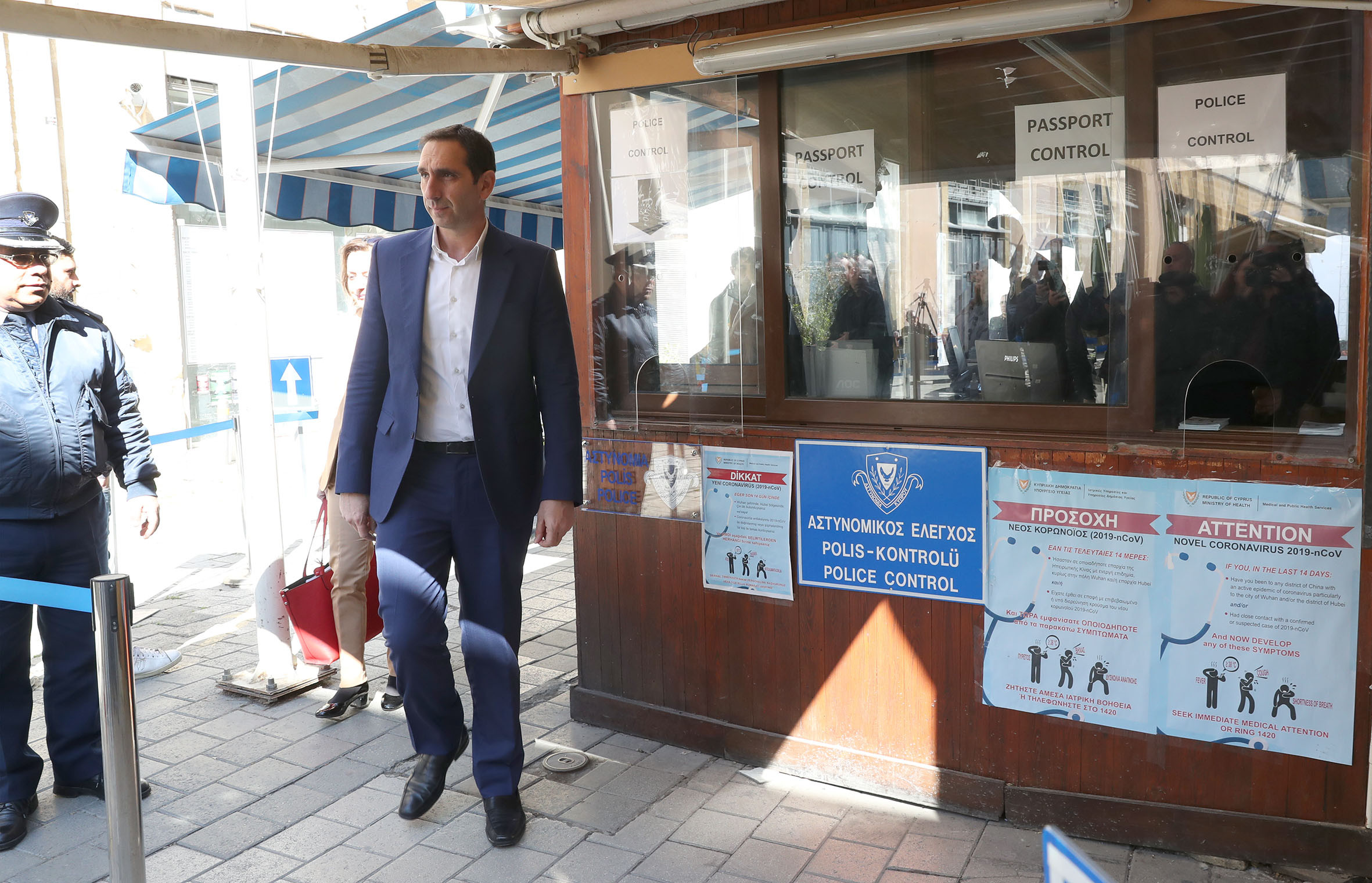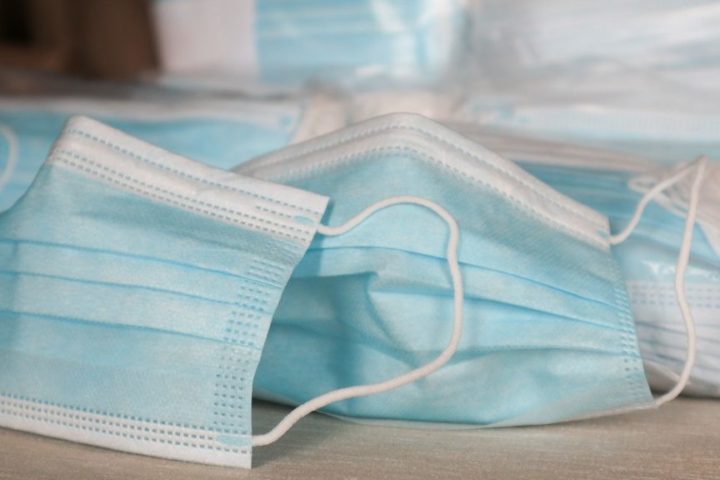In a clumsy, roughshod fashion the government decided to close four crossing points on the premise it could more effectively monitor coronavirus from areas beyond its control.
The decision seemed hurried, knee-jerk with an underlying message that the government cared less about trust-building and people movement than it did about scoring political points against Turkey.
In a public health emergency, the government has every right to take drastic measures to ensure the safety of its citizens but shutting some crossings when there were no detected COVID-19 cases either side of the divide seemed punitive.
It did little to improve relations with the Turkish Cypriots as the move implied, they couldn’t be trusted to deal with coronavirus cases, or they would just let people come over and infect Greek Cypriots.
This action also gave credence to nationalists on either side of the ceasefire line who would rather build walls than bridges.
It caused anger among those who feel the prospect of reunification is fast disappearing into entrenched positions of yesteryear while its emboldened others to demand that all the crossings shut.
Closing crossing points for the first time since 2003 is a big deal which should have been carefully considered with Brussels, the UN, the opposition parties and the Turkish Cypriots properly consulted.
No clear and present danger warranted the immediate shutdown of four crossing points.
Opposition AKEL claims there was no scientific evidence for the checkpoints to be shut because it was a political decision wrapped in symbolism.
Nicosia is rightly worried about a migrant influx from Turkey and sees the ceasefire line as the Republic’s Achilles heel in trying to control irregular migration.
Also, in the backdrop to this decision is the threat by Ankara to open-up the fenced-off town of Varosha other than to its original Greek Cypriot inhabitants.
Not to mention, Turkey using aggressive bully boy tactics by illegally drilling for oil and gas in Cyprus waters.
Cyprus has played punch bag to Turkey’s turbo-charged belligerence in the region without being able to retaliate with any venom.
Reading between the lines it’s difficult to ignore the backstory of a deadlocked peace process, migration crisis and a health Armageddon that encourages us to join the dots in the checkpoint fiasco.
Attempting to remove its fingerprints from the crime scene, the government has struggled to build its plausible narrative as to why the crossings are temporarily boarded up.
Nicosia’s credibility suffered a further body blow when the UN took the unusual step to voice its concern over the disruption the closures have caused.
Although carefully worded, the UN statement was a howitzer blast of disapproval aimed at the Presidential Palace for a lack of bi-communal cooperation.
Confidence building
“It remains essential that the sides preserve the dialogue and coordination they have displayed in mutually agreeing to the opening of the crossings which have been an important confidence-building measure between both communities for the last 17 years,” was a choice snippet from the UN.
In the intricacies of the blame game embedded in Cyprus politics, the UN peacekeeping force poking its head over the parapet to take potshots at the government is rarer than finding a unicorn under the bed.
Caught with its guard down, the government politely told the UN to stick to patrolling the Green Line, taking notes at meetings and filing despatches to the Secretary-General.
What it could not do was voice an opinion on matters of Cyprus sovereignty as it has no mandate to do so.
“I would not wish to comment on unfortunate interventions of the peacekeeping force which is called on to perform another role as part of its mission,” President Anastasiades said disdainfully.
What is unfortunate, is that by trying to score political points with Turkey the government got embroiled in a confrontation with the United Nations.
Like a naughty schoolboy who hasn’t done his homework, the government’s explanation for doing what it did has become more elaborate.
Understanding that actions have consequences, it was left to the Health Minister to persuade us that the crossings had to close because there was a shortage of medical staff to man all of them.
Ironically, if there is a coronavirus outbreak on Cyprus all the crossings may have to close as a safety measure but the need to do so would be acknowledged without too many side-effects.
Even with good intentions, the government proved it has a somewhat 19th century feel for public perception, getting its message across and putting out fires it started accidentally on purpose.










